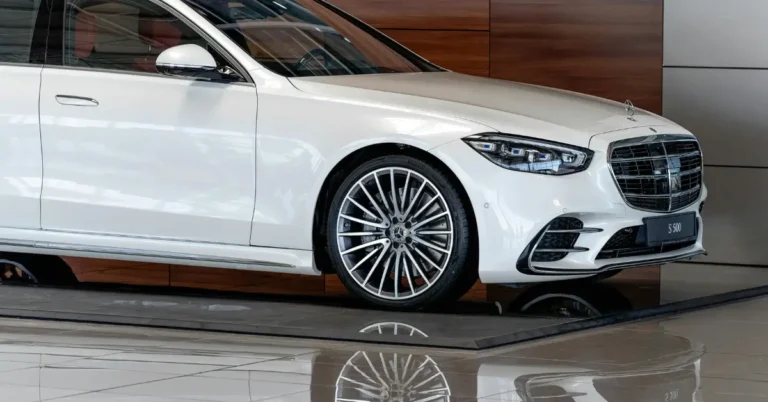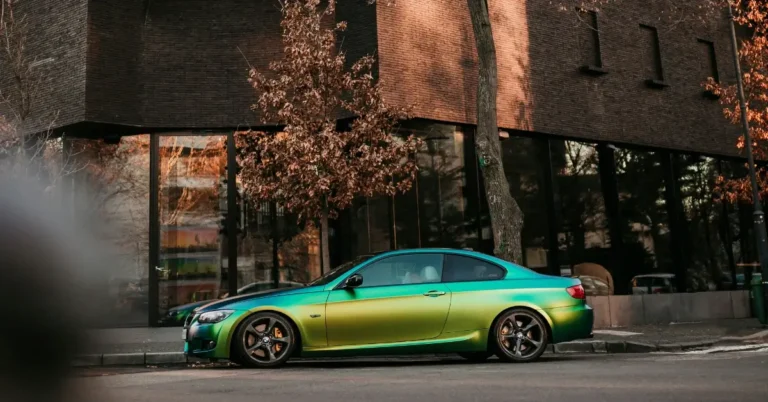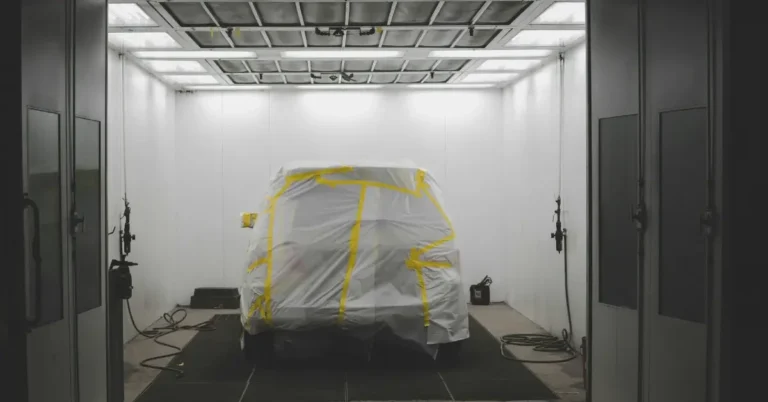Have you noticed the price tag on car batteries lately and wondered why Are Car Batteries So Expensive?
With advancements in vehicle technology and the increasing requirements of modern automobiles, the expense of manufacturing car batteries has risen sharply.
Our dependency on cars is undeniable, and so is the demand for durable and reliable car batteries.
But as we dig into the reasons behind the high price of car batteries, we find a complex web of factors, including the materials used, the technology involved, and the manufacturing processes.
The battery powers all our vehicle’s electronic features, which we often take for granted until it’s time for a replacement.
It’s a case of you getting what you pay for, with high-quality batteries ensuring we aren’t left stranded and our sophisticated vehicle systems are running smoothly.
The Rising Costs of Car Battery Materials
Have you ever wondered why car batteries are so expensive?
Let’s look into the details concerning the materials that pack the power into our vehicles and the numerous factors that contribute to their rising costs.

Impact of Raw Materials on Price
The price of car batteries is heavily influenced by the cost of raw materials such as lithium, lead, nickel, cobalt, and aluminum.
These components are crucial for both lithium-ion and lead-acid batteries, which are commonly used in vehicles.
Nations like China, Congo, Russia, and Ukraine play a significant role in supplying these materials, and any geopolitical tension can influence the costs. For instance, cobalt, primarily sourced from the Congo, has seen price escalation due to its limited supply and high demand.

Advancements in Battery Technology
Our quest for more efficient energy storage has led to innovations such as absorbed glass mats (AGM) and enhanced batteries, which offer greater power and longevity but come at a higher price.
The development of EV batteries has pushed manufacturers to invest heavily in research and advanced technologies, raising production expenses.
Global Supply Chain and Manufacturing Challenges
The supply chain for battery materials faces its own set of challenges, including transportation delays, fluctuating raw material costs, and labor issues. Inflation and the expense of processing materials can further inflate manufacturing costs.
When the supply chain is disrupted, as seen with recent global events, the production costs for batteries can soar, unavoidably affecting the market price.
Exploring the Expense of Owning a Car Battery
We’ve all felt the sting in our wallets when it’s time to replace a car battery.
But have you ever wondered why are car batteries so expensive? Let’s break down the costs associated with owning one.

Lifecycle and Replacement Costs
Lead-acid batteries, the traditional pick for most vehicles, have a shorter lifecycle than their lithium-ion counterparts.
We often find ourselves purchasing a replacement battery sooner than we’d like. The average car battery life can last from three to five years, but factors like extreme temperatures and repeated draining can shorten its lifespan.
AGM batteries, known for their durability and efficiency, often come with a higher upfront cost due to their glass mat separator technology and longer lifespan.
Car Features and Consumer Demand

Our cars are getting smarter, and with upgraded vehicle technology comes increased demand for the battery.
Features like power outlets for our gadgets, stop/start technology, and high-end convenience features require more power and a larger capacity battery.
The rise in consumer demand for these enhanced car features naturally drives up battery prices.
Added to this are new maintenance and repair considerations, which contribute to the overall expense of owning and upgrading to a sophisticated car battery.
FAQ
What makes a car battery more expensive?
Harvesting and working with these raw materials require a ton of time and energy, which also contribute to the higher price tag. Essentially, you’re paying for labor and materials when you buy a car battery. That means the global supply chain can significantly affect your local prices.
What is the average price of a car battery?
Car batteries typically last anywhere from two to five years, depending on the battery type, climate and vehicle. Based on the make and model of your vehicle, you can expect to pay around $50 to $120 for a standard car battery and around $90 to $200 for a premium type.
Does a cheap car battery make a difference?
A cheaper battery with lower quality components may require more energy to be charged, over stressing the alternator. This causes it to wear out much quicker when compared to normal use. Once the alternator dies, replacing the battery won’t be able to fix your car’s issues and will require a replacement.
I hope we could answer all of your questions and the most important one “Why Are Car Batteries So Expensive?”
Like always there is more than just one point that makes the price, if you have further questions or tips, leave us a comment or send us an mail, till then see you next time when it says again…
…Let´s Ride!






